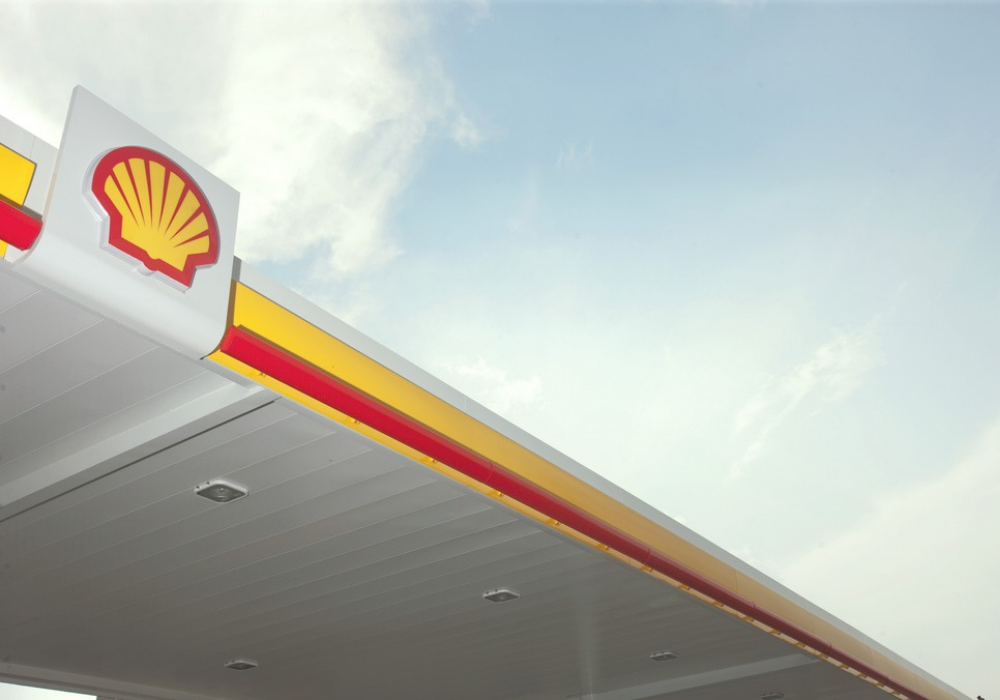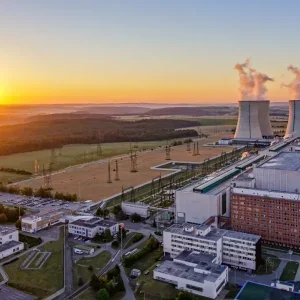
Royal Dutch Shell has hit pause on its $25bn share buyback programme as part of measures to insulate itself from the worst effects of coronavirus-hit market volatility.
The oil major has also scaled back its capital spending plans for the year, joining a host of other energy firms scrambling to cut costs in the face of dwindling global demand and freefalling commodity prices.
France’s Total, which has seen its share value halve since the start of the year, has also announced the suspension of its $2bn share buyback scheme, alongside a 20% reduction to its short-term capital investments.
The escalation of Covid-19 has severely weakened global oil demand since January, while the failure of Opec+ to agree new production cut measures earlier this month, and the subsequent price war between Saudi Arabia and Russia, have sent further shockwaves through the market — sending oil prices to their lowest levels in decades.
Brent crude, the global benchmark, is now persistently trading at below $30 per barrel, and last week dropped under $26 per barrel – its cheapest since 2003.
Shell will scale back capital spending as well as suspending share buyback
Royal Dutch Shell said the measures announced today (23 March) are to “reinforce the financial strength and resilience” of the business to ensure it is well-positioned for the “eventual economic recovery”.
CEO Ben van Beurden added: “The combination of steeply falling oil demand and rapidly increasing supply may be unique, but Shell has weathered market volatility many times in the past.”
The Anglo-Dutch major will reduce operating costs by up to $4bn this year compared with 2019, while capital spending will see plans cut from $25bn to a maximum of £20bn.
It added that the “dynamically evolving business environment” will continue to be monitored, with further strategic and financial decisions to be made “as necessary”.
While this year’s planned $1bn tranche of the share buyback programme has been put on hold, the company says it still intends to restart the $25bn scheme at a later date.
Total also cutting costs to adjust to new market reality
Total, which has sealed a series of clean energy investments in recent months, confirmed it will implement capital expenditure cuts of more than $3bn, reducing net investments to less than $15bn in 2020.
It will also broaden the scope of operating cost reductions, increasing planned cutbacks from $300m to $800m.
The French firm had announced a $2bn share buyback programme for 2020, of which $550m had been completed in the first two months of the year.
Falling oil prices, which stood at around $70 per barrel for Brent crude at the start of the year, have forced a reconsideration, however, and the suspension of the scheme as the firm seeks to adjust its financial plan to the sub-$30 per barrel reality.
Total CEO Patrick Pouyanné said: “We have a shortfall of $9bn and we want to reduce it. To do that we must use the various levers we have.
“We have our strengths but we cannot stay idle. We have to face this reality.”
He added savings of $5bn would be targeted through these various cost-cutting measures, while the additional $4bn shortfall in its planned financial projections would be offset through borrowing mechanisms.






